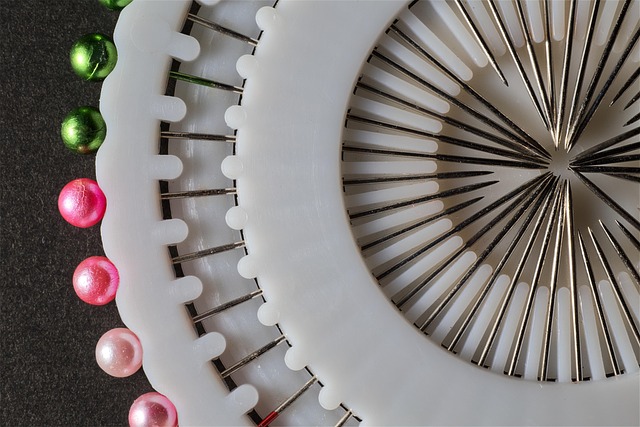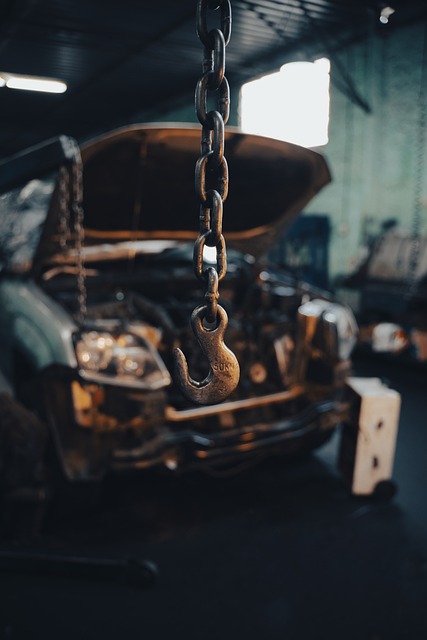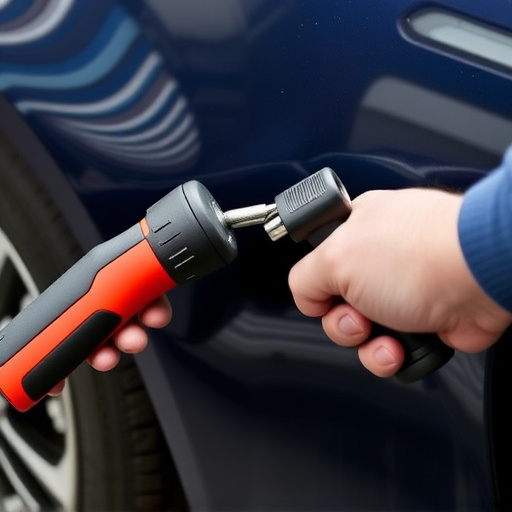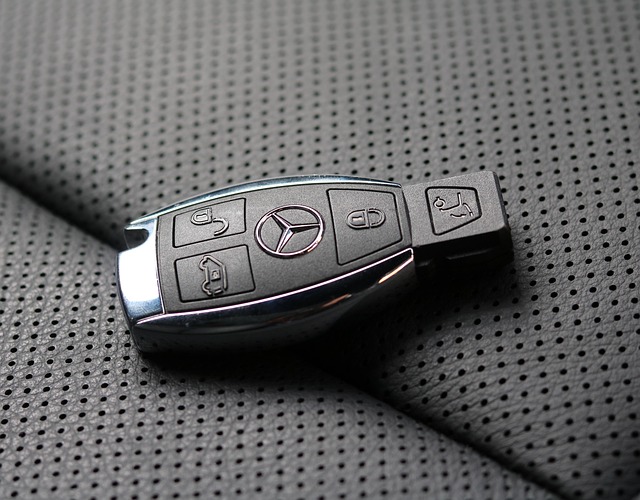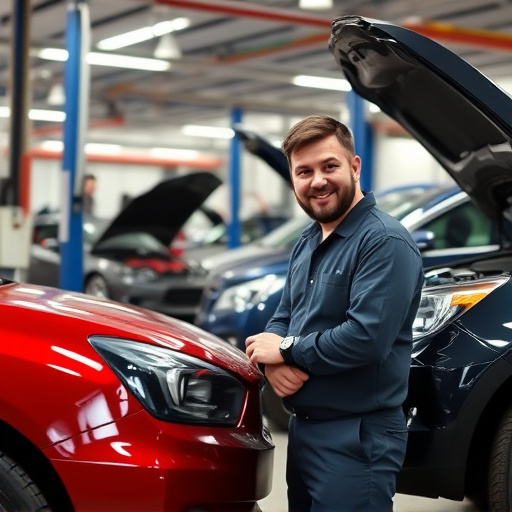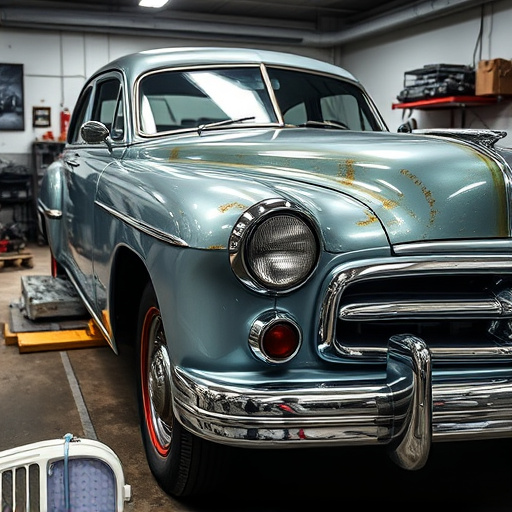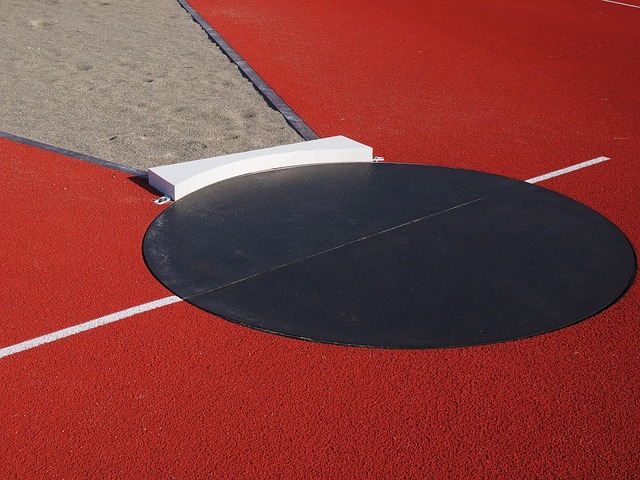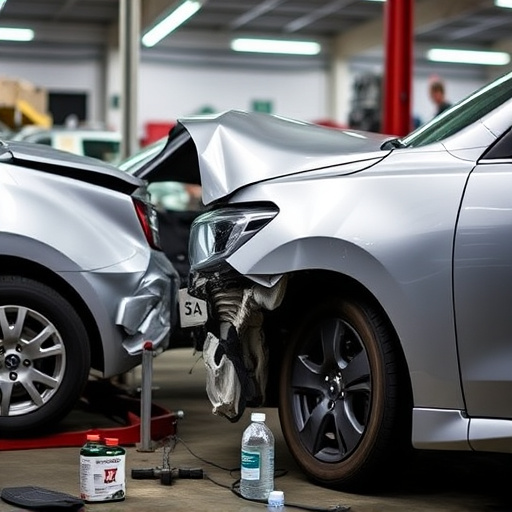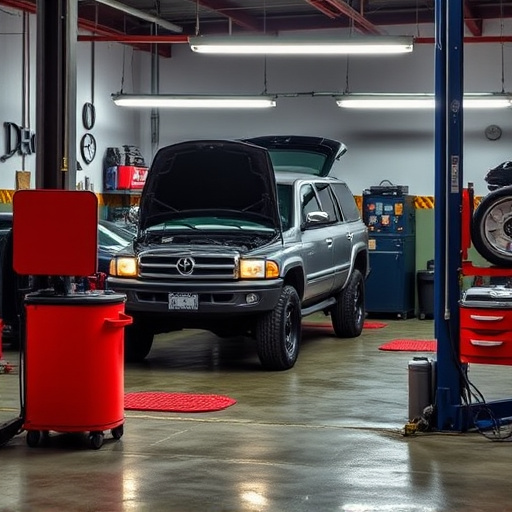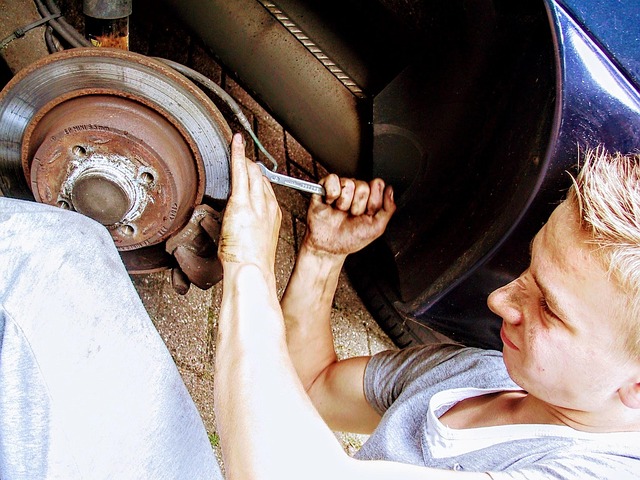Accident repair specialists are transitioning to eco-friendly practices by adopting recycled and bio-based materials, efficient waste management, and advanced technologies to minimize environmental impact. They're moving away from hazardous chemicals and non-biodegradable parts, contributing to a greener future and appealing to environmentally conscious consumers.
In today’s eco-conscious world, understanding the environmental practices of accident repair specialists is crucial. This article delves into the key environmental priorities that auto body shops should prioritize, including sustainable materials and waste reduction strategies. We explore efficient eco-friendly practices tailored for accident repair operations, highlighting how these initiatives not only benefit the planet but also enhance the overall sustainability profile of these specialists. By adopting these practices, accident repair specialists can contribute to a greener future while delivering quality services.
- Understanding Environmental Priorities in Auto Body Shops
- Sustainable Materials and Waste Reduction Strategies
- Eco-Friendly Practices for Efficient Accident Repair Operations
Understanding Environmental Priorities in Auto Body Shops
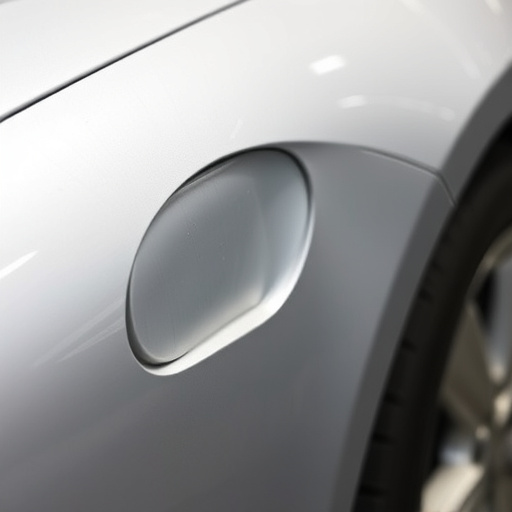
In today’s world, environmental consciousness has become a top priority for businesses across various sectors, and auto body shops are no exception. Accident repair specialists, who play a crucial role in restoring vehicles to their pre-accident condition, also have an opportunity—and a responsibility—to adopt sustainable practices that minimize their ecological footprint. Understanding the environmental impact of traditional auto body services is the first step towards making positive changes. Many conventional methods used in auto repair, such as disposal of hazardous materials and energy-intensive processes, contribute to air pollution and climate change.
By prioritizing eco-friendly approaches, accident repair specialists can offer not only high-quality auto glass replacement and paintless dent repair services but also contribute to a greener future. Adopting sustainable practices may include the use of recycled materials, efficient energy systems, and innovative techniques that reduce waste. For instance, some shops are now employing advanced technology for auto body repairs, minimizing the need for traditional painting processes that release harmful chemicals into the atmosphere. These forward-thinking measures not only benefit the environment but also enhance the reputation of accident repair specialists among environmentally conscious consumers.
Sustainable Materials and Waste Reduction Strategies
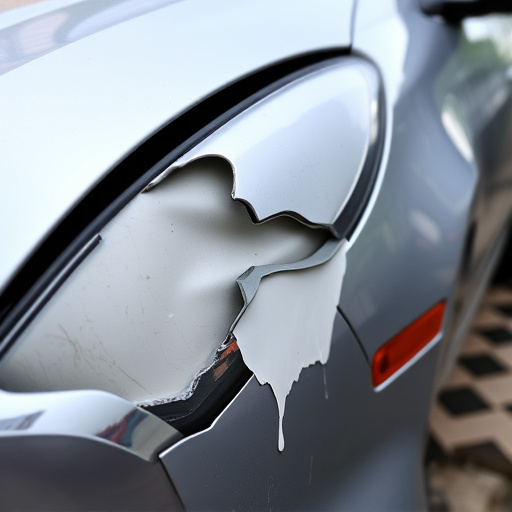
Accident repair specialists are increasingly adopting sustainable materials and waste reduction strategies to minimize their environmental impact. Many traditional automotive parts and supplies contain harmful chemicals and non-biodegradable materials, but forward-thinking repair shops are transitioning to eco-friendly alternatives. This shift includes using recycled and bio-based components, such as plant-derived plastics and metal from recycled sources, which not only reduces the carbon footprint but also contributes to a circular economy.
By implementing efficient waste management practices, accident repair specialists can significantly cut down on their environmental burden. For example, instead of discarding damaged or unused materials, these shops are exploring methods like recycling, repurposing, and upcycling. In the case of collision damage repair, dent repair, and hail damage repair, specialized tools and techniques are employed to straighten and restore vehicles while minimizing the need for cutting and discarding parts. This not only conserves resources but also reduces the overall waste generated by these processes.
Eco-Friendly Practices for Efficient Accident Repair Operations

In the realm of accident repair, specialists are increasingly adopting eco-friendly practices to enhance their operations’ efficiency and sustainability. These practices extend beyond the traditional focus on vehicle safety and quality, aiming to minimize environmental impact throughout every step of the repair process. For instance, many auto repair shops now prioritize recycling materials, such as metal, plastic, and glass, to reduce waste and conserve natural resources. Additionally, they employ eco-friendly cleaning solutions and paints that are less toxic, ensuring a healthier workspace for employees and reducing pollution.
Classic car restoration and car body restoration processes also benefit from these green initiatives. Accident repair specialists invest in advanced technologies that facilitate precise, efficient repairs, cutting down on the need for excessive material use. By adopting such practices, auto repair shops not only contribute to environmental preservation but also set themselves apart as responsible stewards of resources, appealing to environmentally conscious customers and fostering a positive brand image.
Accident repair specialists play a pivotal role in promoting environmental sustainability within the automotive industry. By adopting eco-friendly practices, these professionals can significantly reduce their ecological footprint while ensuring efficient and high-quality repair services. Through understanding environmental priorities, utilizing sustainable materials, and implementing waste reduction strategies, auto body shops can contribute to a greener future, making them not just business leaders but also stewards of our planet.
